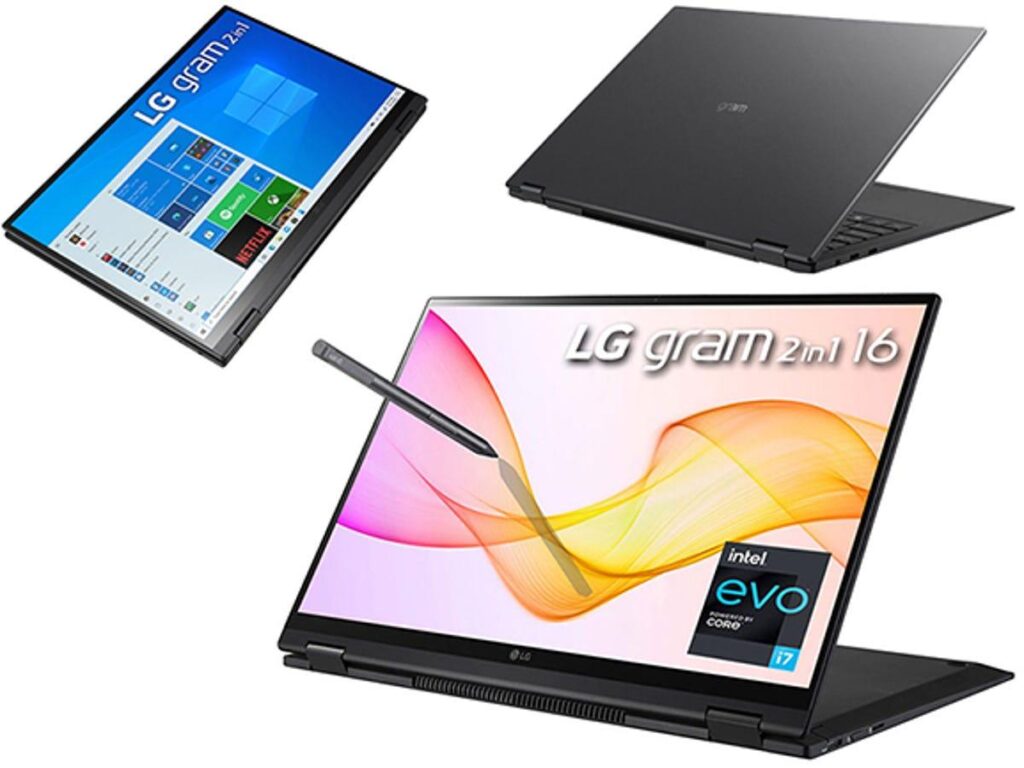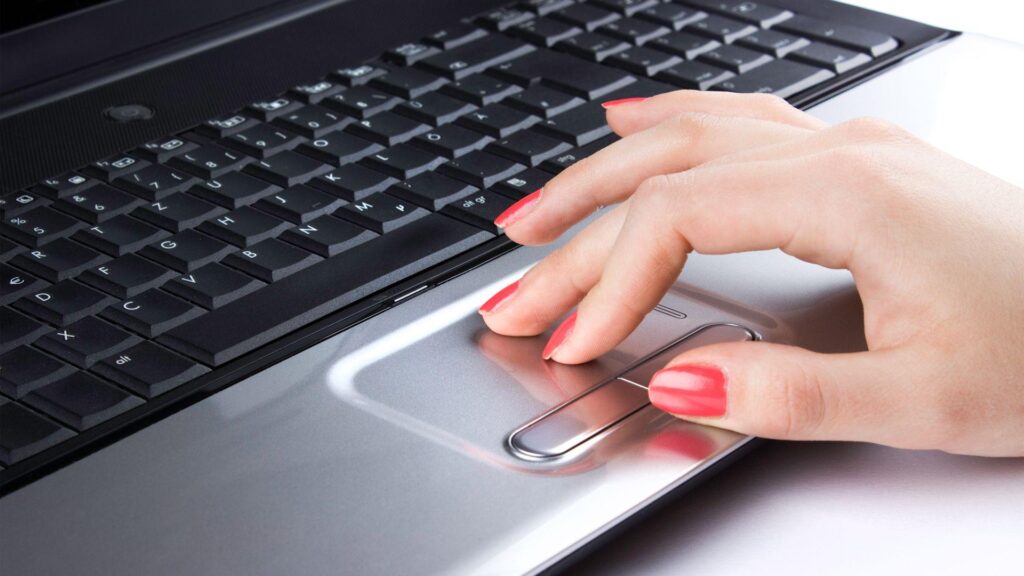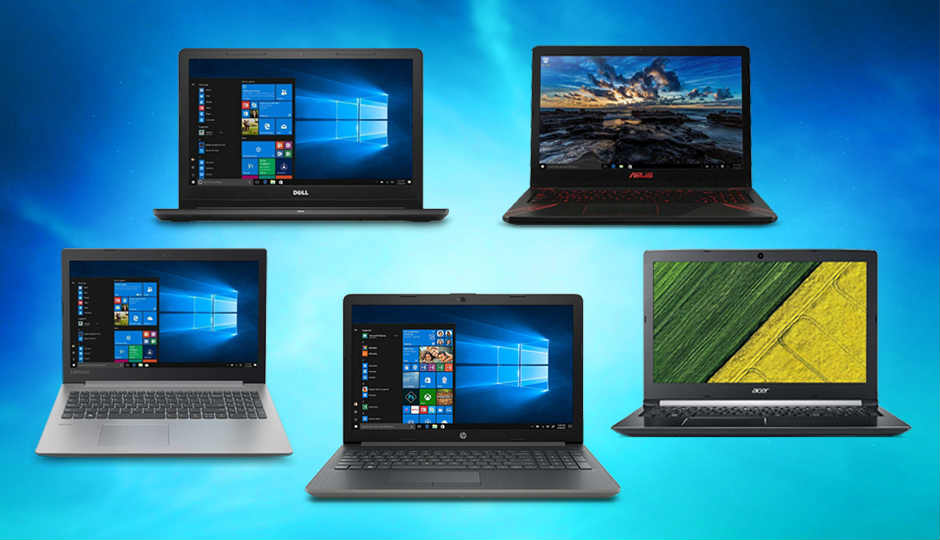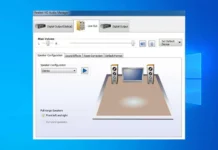Laptops are portable but powerful enough to run complex programs. Whether you’re working hard or just having fun, you’ll need a notebook. When you have a portable device, you may take it with you wherever you go.
Because of this, Visit Site Now to the best laptops for business use and the best laptops for college use have both been compiled. For the most part, we’ve also prepared rankings of the best laptops on the market.
The majority of individuals are aware that laptops are superior for a variety of tasks, including composing research papers, watching movies, and playing games. While tablets and smartphones remain popular, the majority of people understand that laptops are superior in almost every way. What else should you check for in a laptop when shopping? So we created a laptop shopping guide to assist you.
Laptops are available in a wide range of sizes, functions, and price ranges, making it tough to select the ideal one. This is why you must first determine your objectives.
Decide which operating system you prefer: Windows 10 versus Mac OS versus Chrome OS.
If you don’t know anything about either Macs or PCs, this is a challenging topic to address. However, a quick look at each platform’s strengths and weaknesses should be enough to help you choose the best one for your needs and goals.
There are three distinct operating systems for laptops: Windows, Chrome OS, and Mac OS X. (for MacBooks only). To help you choose, we’ve given you a short description of what each one can do for you.
Determine Whether You Want a 2-in-1:

2-in-1 laptops can be used as clamshells or tablets. Additionally, they can be used as a tent or a stand, depending on the user’s preference. When you buy a two-in-one computer, you can remove the screen from the keyboard completely. When you buy a flexible laptop, the hinge can be retracted all the way to turn the device into a tablet.
Bend-back laptops are more suitable for business, whereas detachable tablets are more suitable for enjoyment. However, if you’re not planning to use your laptop as a slate, a regular clamshell laptop is usually a better value.
Select the appropriate size:
Before you look at specifications or costs, you should determine how portable your laptop has to be. Laptops are often classified according to their screen size: they weigh between 2.5 and 3.5 pounds and have screens measuring 11 to 12 inches wide.
If you have a laptop that weighs roughly 4 pounds, you will have no trouble transporting a 13-to 14-inch screen.
15-inch laptops are the most common size, weighing between 4 and 5.5 pounds. A larger screen may be advantageous if you do not intend to carry your laptop around frequently. Apple might make the first laptop with a 16-inch screen with the 16-inch MacBook Pro.
Laptops with a 17-inch or 18-inch screen have enough processing power if you need to play high-end games or do workstation-level tasks every day.
Inspect the keyboard and touchpad for appropriate operation:
It makes no difference if your hardware is the best in the world if it is difficult to use. If you’re going to spend a lot of time at the computer, having adequate tactile feedback, sufficient key travel (the distance key moves when pressed, typically 1 to 2 mm), and sufficient spacing between keys is critical. When purchasing a Windows laptop, ensure that the touchpad drivers are installed.

It is critical to use an extremely accurate touchpad. It should not exhibit jerky cursor movement and should always respond to multitouch gestures such as pinch-to-zoom. On a business laptop, the nub (also known as a pointing stick) between the G and H keys might assist you in navigating the desktop without having to move your fingertips away from the keyboard’s home row, which is where your fingers begin.
Select your specifications:
Even those who are well-versed in computers have difficulty deciphering terminologies like processor, hard drive, RAM, and graphics chip on a spec sheet. You are not required to feel awful.
Create a Budget-Friendly Plan:
To get a laptop that has better performance, speed, and looks, you’ll have to pay a little more.
Do Not Cut Corners on Battery Life:
When you purchase a large, heavy computer or gaming gear that you only use near an outlet, you don’t have to worry about battery life. If you intend to use the laptop on your lap, you’ll require a battery life of at least seven hours.
This is required regardless of whether you are at home or at work. Do not believe the manufacturer’s claims about the battery’s life, as they are untrue. Rather than that, consider third-party evaluations, such as those in ours.
Keep the brand in mind:
As long as you have a good support team, your laptop will perform at its best. Laptop Mag takes a look at every major brand in our annual Tech Support Showdown to make sure that people get the help they need quickly and accurately. Razer came in a close second, with Dell making up the rest of the top three places. Last year, Apple was the best.
Only a small part of the value of a laptop brand comes from its customer service. There should also be a look at how the manufacturer’s design, value, and product selection compare to other products, as well as how well the product performs.
This year, HP was the best laptop brand, with Asus and Dell coming in second and third. As for gaming laptop brands, MSI came out on top, with Acer and Alienware coming in second and third, respectively.








